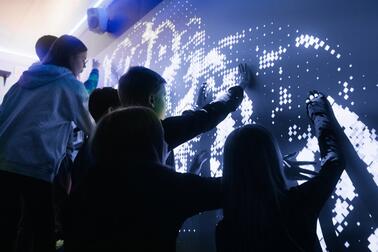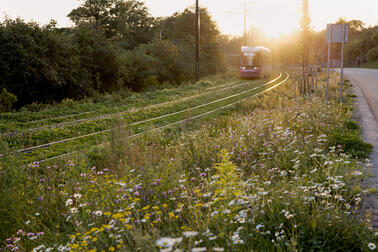“The testbed supports businesses’ product development and the creation of new business. At the same time, the city’s residents also benefit from the new innovations,” comments Team Manager Kimmo Heinonen from Business Helsinki.
“Our goal is to support growth that makes the world a better place: we focus on innovation activities, particularly on the development of smart and sustainable solutions in the fields of learning technology, smart traffic, the built environment, circular economy, and health and wellbeing,” Heinonen continues.
Business Helsinki coordinates and implements the City’s development and testbed activities in close cooperation with the City’s divisions, as well as companies and enterprises belonging to the City Group. A key partner in implementing the practical testbed activities is the City’s own innovation company Forum Virium Helsinki.
Local weather forecasts to support energy conservation
A significant part of the energy consumed in Helsinki is used on heating and cooling buildings. In turn, the weather directly affects the need for heating and cooling. If the operation of the technology in buildings could be controlled in real time, using weather forecast models, this would facilitate using the exact amount of energy needed.
Business Helsinki and Vaisala Xweather joined forces for testbed activities. From autumn 2023 to the end of 2024, the companies researched how much a hyperlocal, i.e. highly geographically limited, weather forecast could facilitate savings in the energy consumption of a building. The Myllypuro campus of Metropolia University of Applied Sciences, which has also been actively involved in other innovation activities, served as the testbed.
“The pilot gave us important experience with a building automation application that can be used in the further development of the service. In the future, the impact of wind and solar radiation could also be taken into account when optimising energy consumption,” muses Mikko Laakso from Vaisala Xweather.
The hyperlocal weather forecast trial, which aims at saving energy in buildings, will continue to be used in areas such as East Helsinki to estimate district heating needs.
The hyperlocal weather forecast pilot boldly combined innovative technologies(Link leads to external service)







